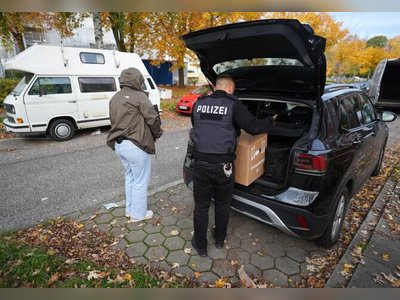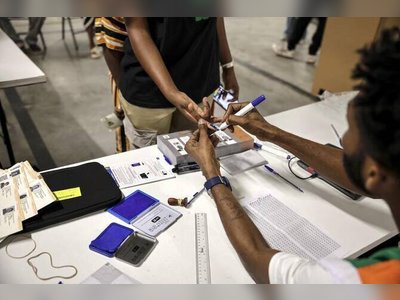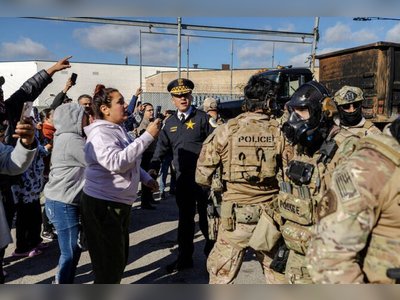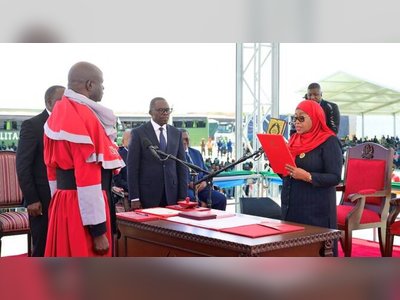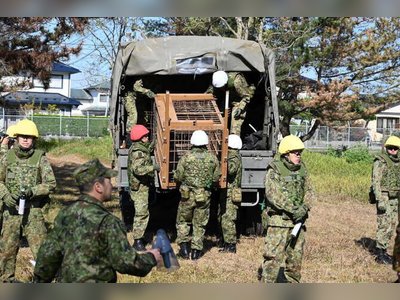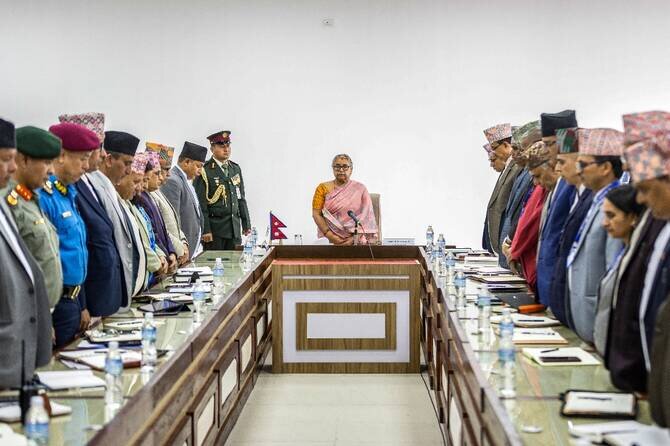
Nepal Registers 125 Parties for Post-Uprising Polls
Established parties and newly formed youth movements vie for seats in the first parliamentary polls since a mass uprising.
The Election Commission of Nepal has announced that 125 political parties have registered to participate in the upcoming parliamentary elections.
These elections mark the first such polls following a significant mass uprising in September, which led to the overthrow of the government.
The newly registered parties include several established entities as well as movements spearheaded by youth activists who were instrumental in initiating the anti-corruption protests earlier this year.
Narayan Prasad Bhattarai, a spokesperson for the Election Commission, stated that they are operating under the belief that both political parties and citizens are eager to usher in new leadership through the elections.
The registration process remains open for another two weeks, after which the final list of registered parties will be disclosed on November 18th.
The mass protests in September were initially sparked by a temporary ban on social media but rapidly evolved into a broader movement against economic hardships and governmental corruption.
The unrest resulted in the deaths of at least 73 individuals over two days and saw several key buildings, including parliament, courts, and government offices, set ablaze.
Following these events, former chief justice Sushila Karki was appointed as the interim prime minister to oversee the country until the elections could take place.
The political landscape in Nepal remains uncertain due to deep-seated public distrust of established parties, posing a significant challenge for conducting credible polls.
Despite these challenges, the Election Commission has expressed its determination to ensure that the upcoming election takes place peacefully, impartially, and without fear.
A dialogue involving interim prime minister Karki and representatives from major political parties, including ousted premier KP Sharma Oli's party, was held on October 29th.
The recent unrest has further weakened Nepal’s already fragile economy.
The World Bank has warned that the heightened political and economic uncertainty is expected to lead to a decline in growth to 2.1%.
Additionally, it is estimated that a staggering 82% of Nepal's workforce is engaged in informal employment, with a GDP per capita of $1,447 in 2024.
These elections mark the first such polls following a significant mass uprising in September, which led to the overthrow of the government.
The newly registered parties include several established entities as well as movements spearheaded by youth activists who were instrumental in initiating the anti-corruption protests earlier this year.
Narayan Prasad Bhattarai, a spokesperson for the Election Commission, stated that they are operating under the belief that both political parties and citizens are eager to usher in new leadership through the elections.
The registration process remains open for another two weeks, after which the final list of registered parties will be disclosed on November 18th.
The mass protests in September were initially sparked by a temporary ban on social media but rapidly evolved into a broader movement against economic hardships and governmental corruption.
The unrest resulted in the deaths of at least 73 individuals over two days and saw several key buildings, including parliament, courts, and government offices, set ablaze.
Following these events, former chief justice Sushila Karki was appointed as the interim prime minister to oversee the country until the elections could take place.
The political landscape in Nepal remains uncertain due to deep-seated public distrust of established parties, posing a significant challenge for conducting credible polls.
Despite these challenges, the Election Commission has expressed its determination to ensure that the upcoming election takes place peacefully, impartially, and without fear.
A dialogue involving interim prime minister Karki and representatives from major political parties, including ousted premier KP Sharma Oli's party, was held on October 29th.
The recent unrest has further weakened Nepal’s already fragile economy.
The World Bank has warned that the heightened political and economic uncertainty is expected to lead to a decline in growth to 2.1%.
Additionally, it is estimated that a staggering 82% of Nepal's workforce is engaged in informal employment, with a GDP per capita of $1,447 in 2024.
